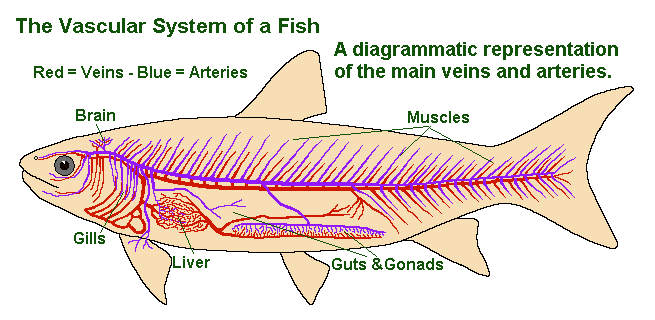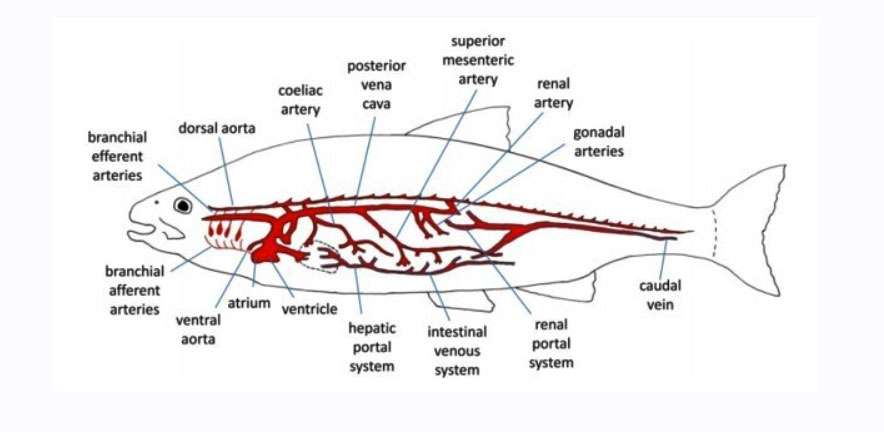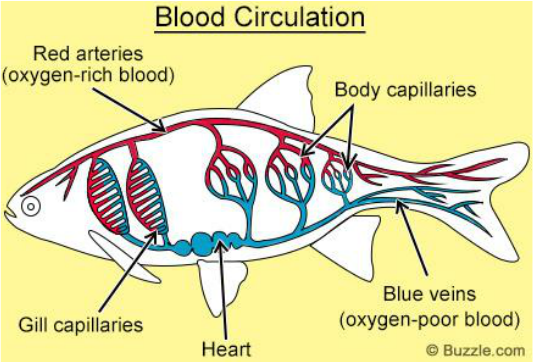When it comes to the anatomy of fish, there are many questions that people have, one of which is whether or not fish have blood vessels. This article will explore this question in detail, discussing the circulatory system of fish and how it differs from that of humans.
The Circulatory System of Fish

Like all animals, fish have a circulatory system that is responsible for transporting oxygen, nutrients, and waste products throughout their bodies. However, the circulatory system of fish is different from that of mammals in several ways.
Firstly, fish have a single, closed-loop circulatory system, while mammals have a double circulatory system. This means that in fish, blood flows through the heart and then directly to the gills, where it picks up oxygen and releases carbon dioxide. From there, the oxygen-rich blood is circulated to the rest of the body before returning to the heart.
Secondly, fish have a much simpler circulatory system than mammals. Their hearts have just two chambers, whereas the hearts of mammals have four chambers. This means that fish are not capable of the same level of oxygenation as mammals, as their blood mixes to some extent in the heart.
Do Fish Have Blood Vessels?

So, do fish have blood vessels? The answer is yes. Fish have a network of blood vessels that carry blood throughout their bodies. These vessels are responsible for delivering oxygen and nutrients to the fish's tissues, as well as removing waste products.
However, the blood vessels of fish are much simpler than those of mammals. They do not have the same complex network of arteries, veins, and capillaries that we do. Instead, their blood vessels are relatively straight and simple, and they do not have the same degree of branching as mammalian blood vessels.
Additionally, fish do not have red blood cells in the same way that mammals do. Instead, their blood contains hemoglobin-containing cells called erythrocytes, which are not true red blood cells. This is another difference in the way that fish circulate oxygen compared to mammals.
The Importance of Blood Vessels in Fish

Despite the simpler nature of their circulatory system, blood vessels are still incredibly important for fish. They play a vital role in delivering oxygen and nutrients to the fish's tissues, which is essential for their growth and survival.
Additionally, the blood vessels of fish are key to their swimming ability. Fish are able to swim because they have a number of muscles that run along their bodies, which they use to create movement. These muscles are supplied with oxygen and nutrients via the blood vessels, which allows them to contract and relax as needed.
In Conclusion
So, do fish have blood vessels? The answer is yes. While the circulatory system of fish is simpler than that of mammals, they still rely on blood vessels to transport oxygen and nutrients throughout their bodies. Understanding the anatomy of fish is important for anyone who wants to keep them as pets or study them in the wild.